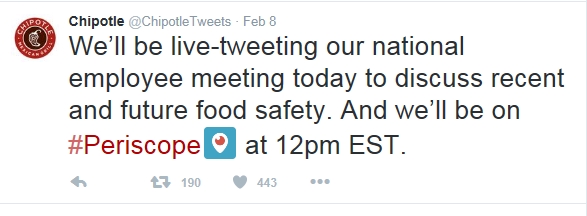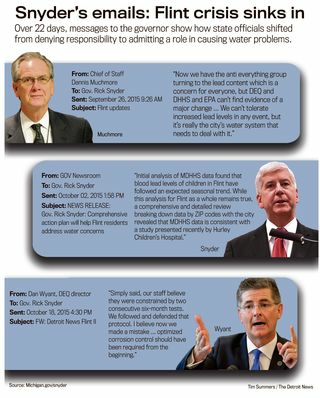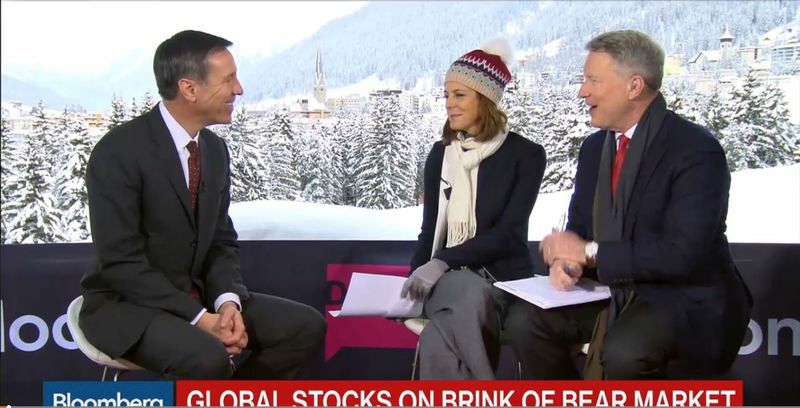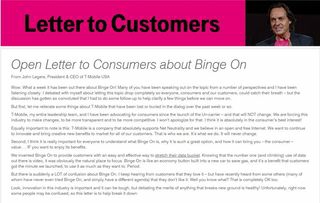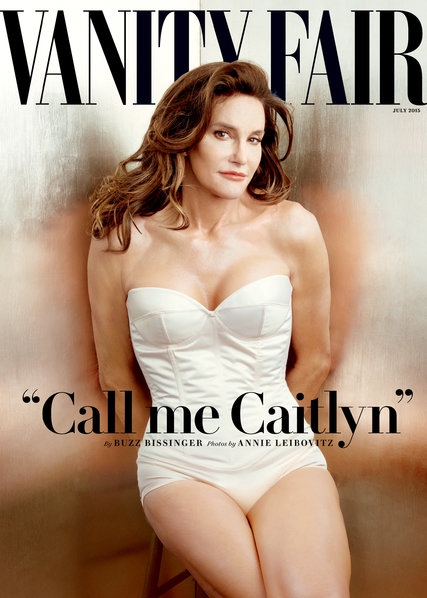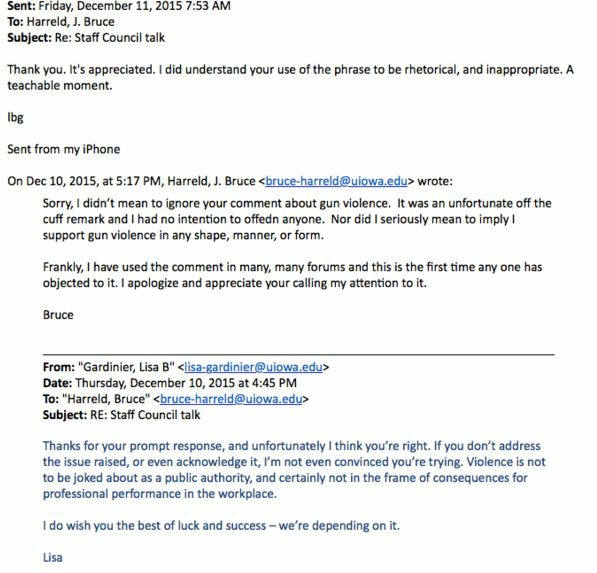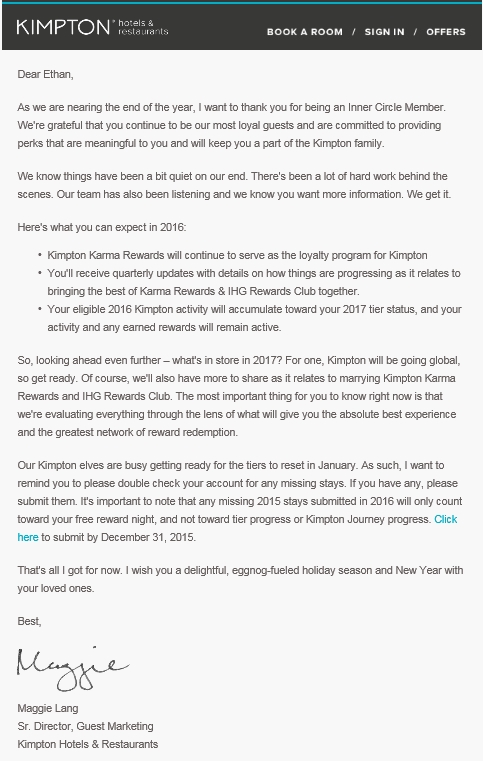Uber Responds to Shooting Incident
/Uber is responding to a shooting incident with one of its drivers, who killed six people and wounded two in Kalamazoo, Michigan. The company's safety procedures are in question, but the incident had nothing to do with the shooter's role as an Uber driver, although this connection is how he's most identified in news reports. The company published the following short statement on its website.
In response to further questioning, Uber says the gunman passed its background checks, had no criminal record, and received customer ratings of 4.73 out of 5. He had been an Uber driver for almost a month and picked up more than 100 passengers.
Under "Details on Safety" on its website, Uber describes its driver-checking process. One criticism is that fingerprinting isn't required, as it is for taxi and limousine drivers. Also, unlike taxi drivers, there is little interaction with others. The founder of an app that lets Uber and Lyft drivers chat said, "I think taxi drivers traditionally have had fleets and lots, so at the beginning of the shift, you will go, check in with a dispatcher, hang out, have a coffee with other taxi drivers and then go out - rather than this completely dispersed Uber network, where you don't have to go anywhere, you just turn on the app in your car and drive for eight hours and never talk to any other driver."
But a member of Uber's Safety Advisory Board defending the company practice: "As it stands right now, the system that Uber has is extremely safe, and the idea that simply by having someone look at someone that they could determine if they're about to have a psychotic episode is a faulty theory."
This news comes soon after Uber settled a lawsuit about safety claims.
Discussion Starters:
- What's your view of the link between Uber and the shooting? Is it unfair to the company or about time its safety practices are revealed (or something else)?
- How else, if at all, should Uber respond? What's the danger of responding too loudly in this case?



